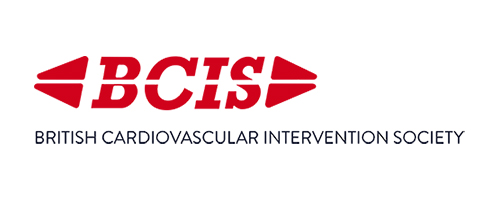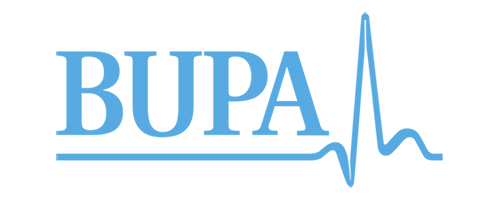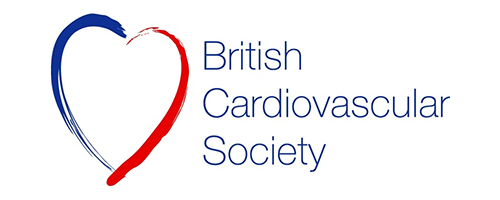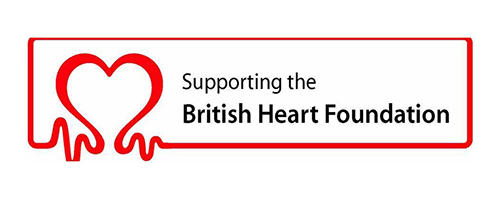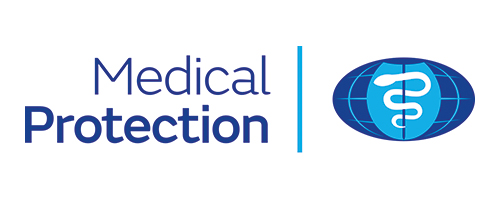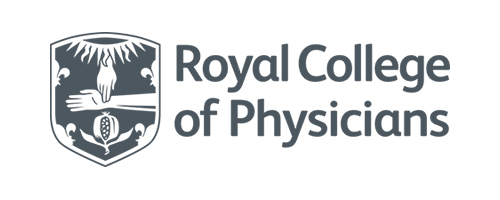The information outlined below on common conditions and treatments is provided as a guide only and it is not intended to be comprehensive. Discussion with Dr Saha is important to answer any questions that you may have. For information about any additional conditions not featured within the site, please contact us for more information.
This is a relatively common abnormality of the heart rhythm and occurs with increasing frequency with age. It is due to the normal synchronised beating of the heart becoming disorganised. It often found in association with excessive alcohol consumption, heart muscle disorders, heart blood supply problems, and heart valve disease.
AF can lead to palpitations, breathlessness, chest pain and also blackouts. In addition, there is an associated risk of blood clots in the heart, which in turn increase the risk of stroke. For this reason, treatment of AF is directed firstly at both reducing stroke risk with blood thinners, and also at treating the symptoms by controlling the heart rate and/or rhythm.
Symptoms and investigation
AF is initially suspected by feeling your pulse. The diagnosis needs confirmation with an electrocardiogram (ECG). Often blood tests will be taken to look for possible causes of AF, and an echocardiogram (TTE) will be needed to determine if you have a structural heart problem. A heart rhythm ECG monitor may be needed to see how fast you are going at other times, and if there are any other rhythm abnormalities present.
Treatment
The cardiologist will prescribe either warfarin, aspirin or one of the newer blood-thinning drugs, to reduce the stroke risk (see below). In addition, he/she may give you drugs to slow the heart rate down, such as betablockers or digoxin. He/she may suggest trying to get the heart beat regular again – cardioversion . This can be done with drugs or with the application of an electrical treatment whilst you are sedated. You may need ablation therapy, if you are very symptomatic.
Dr Scott can advise on whether you need warfarin or other blood thinning therapy based on the best available evidence, to reduce the risk of stroke.
Discussion with Dr Saha is important to answer any questions that you may have. For information about any additional symptoms you may be suffering from that are not featured within the site, please contact us for more information.

